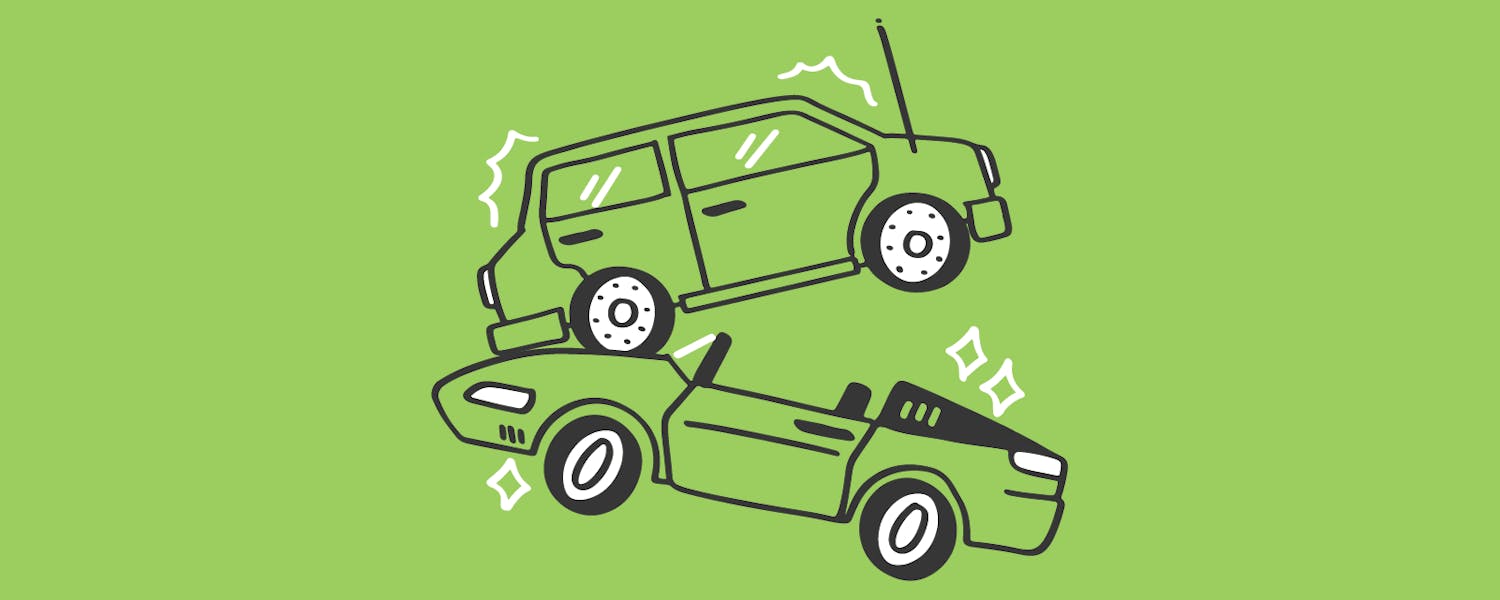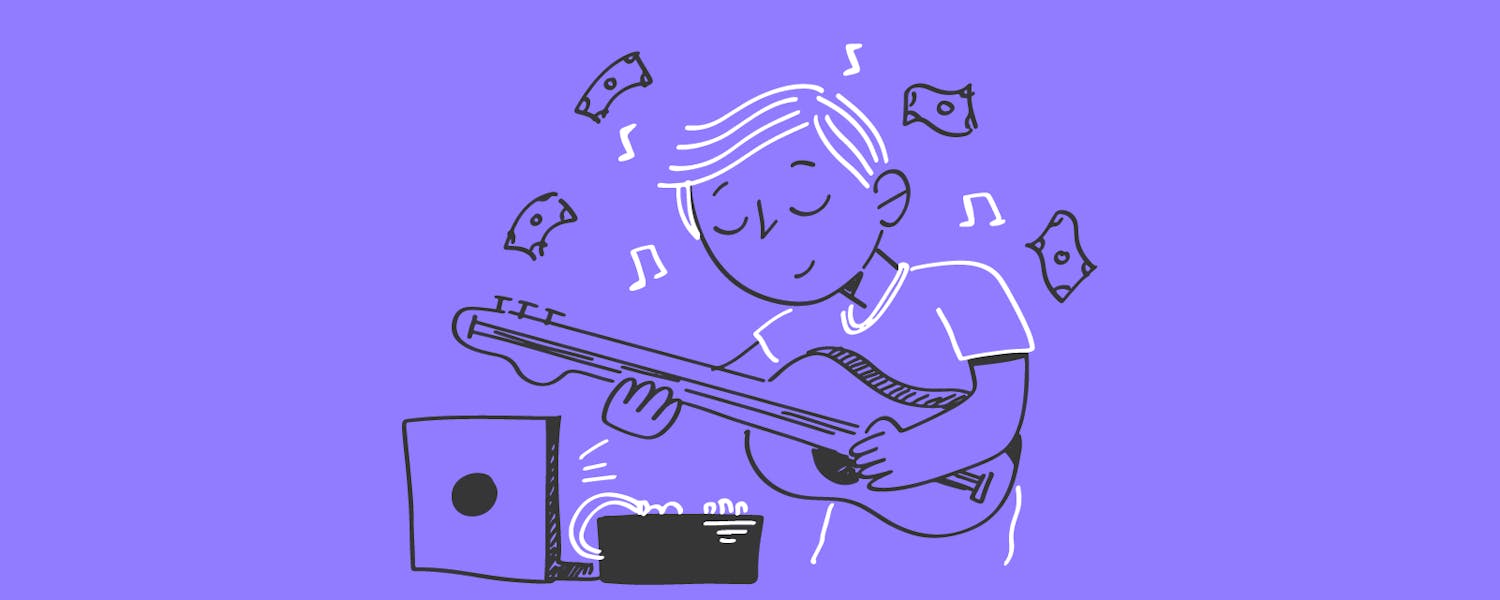Should I Buy a New or Used Car?
Want to buy a new car this year? Before making the decision, know how much you are willing to spend, what exactly you are looking for in a car, and whether you need to buy a new model or a used car.
A used car offers several significant advantages as it typically holds value better and costs less than a new car. However, when you buy a new car, you get a long-lasting warranty, customization opportunities, and an assurance that everything is in proper working order in the machine.
Continue reading for a breakdown of buying new vs used cars, where you can learn how to find a vehicle that suits your taste, saves money, and holds its value.
The dilemma
A car is a commitment, and when budgeting for one, it may be hard to decide whether you want a new model or a used one.
Comparing cars to your needs as a future owner is a must.
It's crucial to know how the car will serve you in the long run through the changes you might undertake and whether you are financially prepared for this kind of commitment.
Envato/TTereza
But there are many other things you have to do before buying a car. It's not just an issue of choosing brands but also looking into the future.
This kind of purchase is an important one that will impact your life in the short- and long-term.
The cons of buying a new car
Buying a new car is an expensive investment and not precisely a profitable one.
They depreciate very fast, and if you decide to buy with a loan, the additional cost will not be included in the price of the car when you sell it in the future.
There are many car financing options nowadays, but if you have problems keeping up with the installments, there's a chance of your car being overtaken by a lender.
Also, an adverse loan history will make it harder for you to get another loan.
Higher insurance costs are a given for a new car.
The bank and the dealership will require you to purchase full insurance until the moment of paying off the loan, and that final cost depends not only on the car model but also on the driver's history.
And then comes the depreciation.
The car depreciation rate is estimated to be 10% the moment you drive out of the dealership, and it only keeps adding up.
In general, car prices depreciate at a 10% rate per 12-month period after the purchase.
The Pros of Buying a New Car
When buying a new car, you can precisely choose the brand, model, color, and equipment it comes with.
You can decide beforehand what kind of accessories you'll want without worrying about checking everything in a used car.
For that reason, it's much easier to buy too.
New cars are under a factory warranty, which means you will have a vehicle with a clean history straight from storage.
There will be no problems with previous accidents and repairs, insufficient maintenance, or hidden surprises under the hood.
Most new cars have more safety features than used ones.
They also come with advanced technologies and emission standards, which means they might have greater fuel efficiency and be better suited for the environment.
Envato/andriymedvediuk
And the incentive to buy a new car usually comes from dealerships themselves.
Prices can be a deterrent, but new cars come with better conditions, special offers, attractive financing, and payment options that suit everyone.
And who doesn't like that pleasant "new car" smell?
The Cons of Buying a Used Car
Besides the price of the car itself, you need to be ready for a used car inspection.
Getting a professional to inspect the car before you buy it, will give you an idea of what repairs and maintenance the car will need down the line.
A preowned car is generally less reliable than newer models.
And depending on the vehicle, you might have to spend more on repairs, especially if it's no longer covered in the warranty. In that case, knowing what kind of maintenance you might be in for comes in handy.
Envato/wutzkoh
Interest rates might, sometimes, be higher for used cars. This is partially because of an incentive of the manufacturer to sell new vehicles, but mostly because of the risk involved in used-car financing.
Values for used cars are less predictable, which is also a problem in how much money you can get back when you sell the vehicle. If a new car depreciates fast, can you imagine what will happen to a vehicle already bought a second or third time?
The Pros of Buying a Used Car
One of the most significant advantages is the purchase price.
As rapid depreciation may lower the value of a new car by up to 40% after three years, you can also buy a car that hasn't been out of the factory that long for a much better deal.
Lower prices may also provide a better chance for you to make a larger down payment on the car, and you might even get a higher-spec model than you could afford if you chose to buy new.
Cars have improved in the past decades, so even cars produced five years ago may hold up well in the current market.
Envato/Farknot
An affordable option will also come with a loan, and you could not only pay less monthly with a lower average interest rate but could finish your payments sooner, and you could own the vehicle as soon as you leave the dealership.
Here, you can also get leeway when negotiating the price of a used car since dealers often have quite a bit of space in how much they can charge.
What About Loans, Leasing, and Insurance?
As for auto loans and leasing, you need to consider a couple of things:
- If you want to own the car after you finished paying for it, then a loan is a better option for you;
- If you want to drive a newer model but don't want to invest the money it takes to own a car fully, maybe leasing could be an option for you.
The decision is entirely personal, but this article could be a good guide on whether owning or leasing a car might be for you.
Envato/davidgyung
As for insurance? You probably need to be insured whether your car is new or used. Below are the levels of car insurance coverage.
- Third-party covers against damage and injuries you caused to other people and their property
- Third-party, fire, and theft cover the same as a third party, plus it covers you if your car is stolen or damaged by fire
- Comprehensive is the most complete one, and besides what is mentioned above, it also covers damage to your vehicle and contents and medical expenses should you get injured in an accident
You can read more about what steps to take to get your car insured here.
Wrapping up
Take your time to consider all of your options before making a decision.
A new car might give you more customization power and higher security guarantees, while a used vehicle might be a better financial decision in the long run.
The choice is yours.





